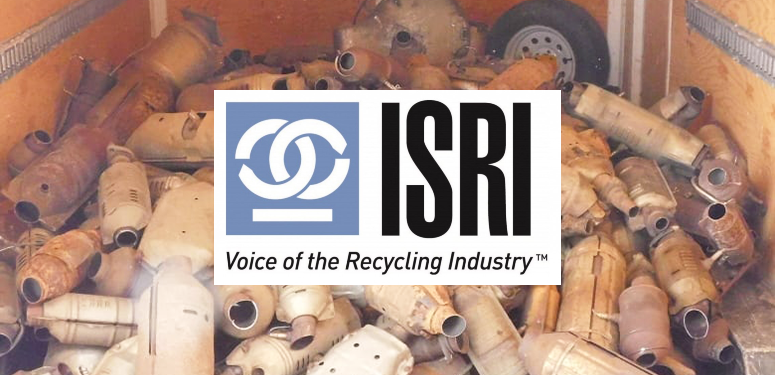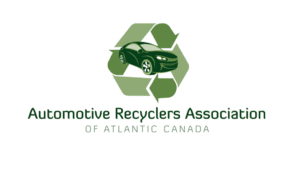Washington D.C., United States — The Washington D.C.-based Institute of Scrap Recycling Industries (ISRI) is calling on U.S. lawmakers to finally clamp down on catalytic converter thefts in the country.
Through collaboration with law enforcement and stakeholder groups, ISRI has put together three specific calls to action for U.S. Congress and state legislators to consider, in the aim of putting a dent in the skyrocketing rates of catalytic converter theft over the past decade.
“The recycled materials industry has a history of working with law enforcement and local authorities to help combat metals theft, including catalytic converters,” said ISRI president Robin Wiener.
“We are urging lawmakers—at both federal and state levels—to consider taking action to help reduce these crimes which are impacting consumers and recycling facilities where thefts are becoming all too frequent. In states where similar legislative principles have been put in effect, we have seen positive results.”
These institute’s specific policy recommendations are as follows:
- An identification and national registry for catalytic converters. ISRI wants to mark and track attached and functioning catalytic converters through state and national registries. This would involve marking the devices with an identifying number in a permanent manner at the time of the initial sale of the vehicle. ISRI also supports marking programs on vehicles in continued use, except end-of-life vehicles that should be exempted from marking of the converter. ISRI would work with those states that already have registry requirements in place to tie them into the national registry when it is established.
- Proof of catalytic converter legitimacy. ISRI wishes to restrict the possession of detached catalytic converters or catalytic converter substrate to entities who should reasonably be in possession through their normal course of business, or individuals who can provide proof of legitimate ownership. This would provide law enforcement information necessary to identify entities that would be allowed to legitimately purchase detached catalytic converters.
- Increased catalytic convertor recordkeeping. Requiring a record for all purchases of detached catalytic converters and at every level of purchase would also help to decrease the theft of catalytic converters. Records should be required for individual and business-to-business transactions, including the date of sale, the entities involved in the sale, and the volume of converters sold.
ISRI, alongside its Canadian counterpart, the Canadian Association of Recycling Industries (CARI), have launched a website called ScrapTheftAlert.com to help track catalytic converter, and other scrap material thefts in Canada and the U.S.























